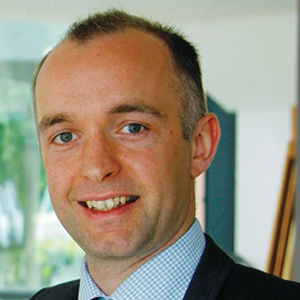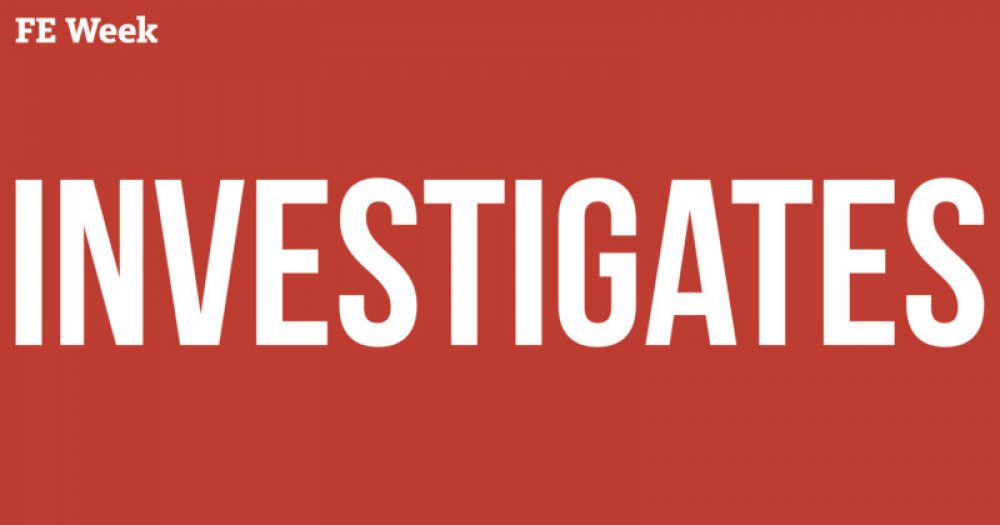Size matters, at least when it comes to sixth forms – as FE Week discovered when we investigated the issues surrounding smaller providers.
Mick Fletcher, an FE policy expert and the founder of Policy Consortium, insisted that the government decision to set the minimum number of students at 200 was “well-founded”.
Smaller sixth forms “don’t perform very well”, he explained.
“There’s a very strong relationship between the size of a sixth form and its performance – the smaller, the worse.”
This 200-student “break-point”, he said, had been based on Ofsted reports and analysis of success rates.
It’s for this reason that David Hughes, the chief executive of the Association of Colleges, said his organisation had been “long been concerned” about small school sixth forms.
But despite these well-founded concerns, FE Week has found that many existing sixth forms already have fewer than 200 students.
According to Education Funding Agency allocations for 2015/16, there are 37 free schools with an average of 181 16- to 18-year-olds.
The smallest has just 40, while another 14 have under 100.
Of the 613 school sixth forms listed, the average size was just 209 16- to 18-year-olds – with 85 schools having fewer than 100.
The average number of 16- to 18-year olds across the 40 university technical colleges was 150 – one of which had just 22 students enrolled in this age group, and 12 others had under 100.
The majority – 23 out of 34 – of studio schools had under 100, with an overall average of 83. In contrast, no general FE or sixth form college had numbers like that: the average student body across the 34 FE colleges was 2,497, while for the 93 SFCs it was 1,736.

Many new sixth forms – whether in schools or as separate standalone sixth forms – are opened as 16-to-19 free schools.
There are currently 21 of these 16-to-19 free schools open, with a further 10 in the pipeline. EFA figures show that student numbers across the 17 which were open during 2015/16 stood at an average of 291 – with five having fewer than 200 students.
Sizes vary amongst the more recently approved 16-to-19 free schools which are yet to open; Harris Professional Skills Sixth Form, is due to open in Croydon in September 2018 with places for 230 students (see below).
However, a number of others in the pipeline have much higher projected student numbers.
For example, Callywith College, which is due to open in Bodmin, Cornwall in September 2017, and which was approved by the DfE in February, will have a capacity of 1,280.
There is concern that new sixth forms are being opened without a view to the wider picture of 16- to-19 provision.
James Kewin, deputy chief executive of the Sixth Form Colleges Association, has complained about “the absence of a competitive, demand-led process”.
He said this climate had “led to the creation of many new sixth form providers (particularly academy sixth forms) in areas where there is already an oversupply of good or outstanding provision” – an outcome which he said had “forced schools and colleges to increase their marketing spend”.
Mr Fletcher argued that increasing choice of institutions actually reduced choice for young people, rather than increasing it.
In order to be financially viable, small sixth forms have to limit the number of subjects they can offer, he explained.
“They limit choice, and by reducing the intake of other institutions, force them to reduce choice as well,” he said.
A DfE spokesperson said: “The free schools programme introduces greater local choice and will drive up standards by increasing competition.
“The programme is responsive to the need for pupil places; the need for an alternative to low quality local provision; and local demand for new provision. It is delivering good quality places in areas where these are needed.”
**************************************************************************************
New free school sixth form in south London will have just 230 learners
A new 16-to-19 free school being set up in Croydon will have barely more students than the minimum prescribed by the Department for Education.
Harris Professional Skills Sixth Form, which is due to open in September 2018, will have just 230 students – 170 of whom will be taking up “professional skills places” in areas including construction, manufacturing, business retail and maths, with a further 60 places for GCSE students.
The school will “address local need for vocational provision” and cater for “students who wish to stay on in a smaller sixth form environment and have choice and diversity in the provision they opt to follow”, according to the Harris Federation, the multi-academy trust which is setting up the school.
But the site of the planned new sixth form, in a former police station in South Norwood, is just two miles from Croydon College, which was attended by 1,651 16- to 18-year-old students in 2015/16, according to EFA figures.
The Association of Colleges has expressed concern that small sixth forms reduce student options by limiting courses they can choose, and FE Week put these concerns to the Harris Federation.
A spokesperson for the school didn’t directly address the concerns, highlighting instead what the school would offer that had been identified as important for the area.
This includes an option for students to start their course after September, significant numbers of GCSE retakes, and opportunities for sixth formers to combine academic and vocational studies.
Andy Smith, Croydon College’s deputy chief executive, meanwhile declined to comment on the new sixth form.
He insisted that his own college, rated good by Ofsted in its most recent inspection, “successfully delivers a broad range of professional skills” – including construction, mathematics and statistics, science and business management.
History repeating : grammar consultation makes selection more likely
The first 16-19 free school to open was the London Academy of Excellence in Stratford in 2012.
It caused controversy in October 2014 when West Ham MP Lyn Brown started an inquiry into its highly selective admissions and retention policy, after a number of students were “kicked out” for failing to get high enough grades at the end of their first year.
FE Week’s sister-paper FE Week reported on October 3, 2014, that teenagers who were not achieving certain grades in their AS-levels were being told to leave, as their marks would not be high enough to gain places at the most “competitive” universities, such as those in the Russell Group.
FE Week contacted LAE to find out if this policy still applies.
Adam Smith, director of external relations at LAE, said: “The minimum entry requirement for students is broadly the same, five A grades at least to grade B in English and maths, and in most cases an A grade in the subject they would like to do.
“For the transition from year 12 to year 13, the benchmark equates to about three Cs – it’s a point score of their best three out of the four A-levels.”








Your thoughts